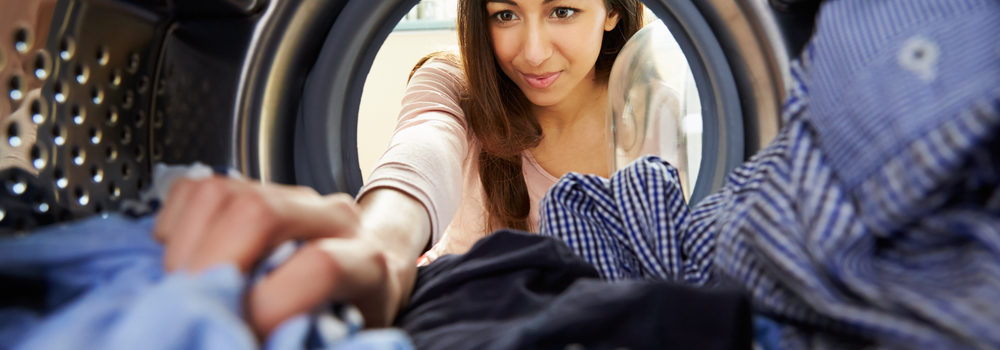Pros and Cons of a Water Softener

Apr26
To truly understand the pros and cons of water softeners, you much first understand the pros and cons of hard and soft water. Once those differences are established, you’ll have to decide which is right for you.
What is Hard Water?
Hard water is untouched and as close to drinking rainwater as you can get. It still has all of the minerals it has collected along its journey to get to your tap. The mineral deposits it acquires is what makes it “hard.” Water can have various levels of hardness or various levels of minerals.
Pros of Hard Water
- Drinking hard water is healthy for your body since it naturally contains essential minerals including calcium, magnesium, and iron. According to various studies, these three minerals, in particular, are beneficial in keeping your heart and cardiovascular system healthy.
- While it is subjective, many believe the taste of the water is improved by these minerals.
Cons of Hard Water
- Hard water will cause a scale build up inside your plumbing system. While it will build up over time, once you know about it, it is usually too late. Most of the time it requires a plumbing professional to come and deal with the scale buildup.
- The scale buildup doesn’t just happen in your pipes, you will also see it happen in your household appliances, and it will reduce their efficiency.
- Some types of minerals will cause discoloration in your bathtubs, sinks, dishwasher, and washing machines.
- If the mineral levels are high enough in your water, then it is common for your water to give off some strong smells that range from earthy to sulfur.
- Hard water tends to leave buildup on your hair and skin, making it dry and your hair brittle.
What is Soft Water?
Water is considered soft when it has had all of its minerals removed, usually by ionization. Our blog on the Basics of Water Softeners explains the details.
Cons of Soft Water
- Soft water is considered by most experts to be harmful if consumed on a regular basis.
- Regularly drinking soft water increases a person’s sodium levels, which can lead to multiple health problems including blood pressure.
- The process used to make the water soft also makes it more volatile, which means it picks up more unwanted elements from your pipes. These elements can include lead, making it potentially more dangerous.
- A water softener wastes up to 120 gallons of water for every 1,000 gallons. If you are charged per water consumption, you could see an increase in your water bill.
Pros of Soft Water
- Soft water does less damage to your skin and hair.
- Soap is more effective, so you don’t have to use as much of it, and your clothes will typically feel cleaner
- Soft water will reduce or eliminate the scaling and lime build-up in your sinks, dishwashers, tubs, etc.
- Can save you money on your energy bill since there is little to scaling in your pipes, so your water heater doesn’t have to work as hard.
- Soft water does not lead to scaling build up in your pipes.
- You can have some hard water that is untouched by your water softener pipes into your house for drinking and cooking.
At the end of the day, you can often have the best of both worlds by installing a water softener and having a separate drinking line in your house. If you are interested in more information, contact your local professional plumbing and heating provider.
